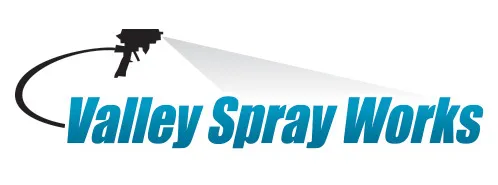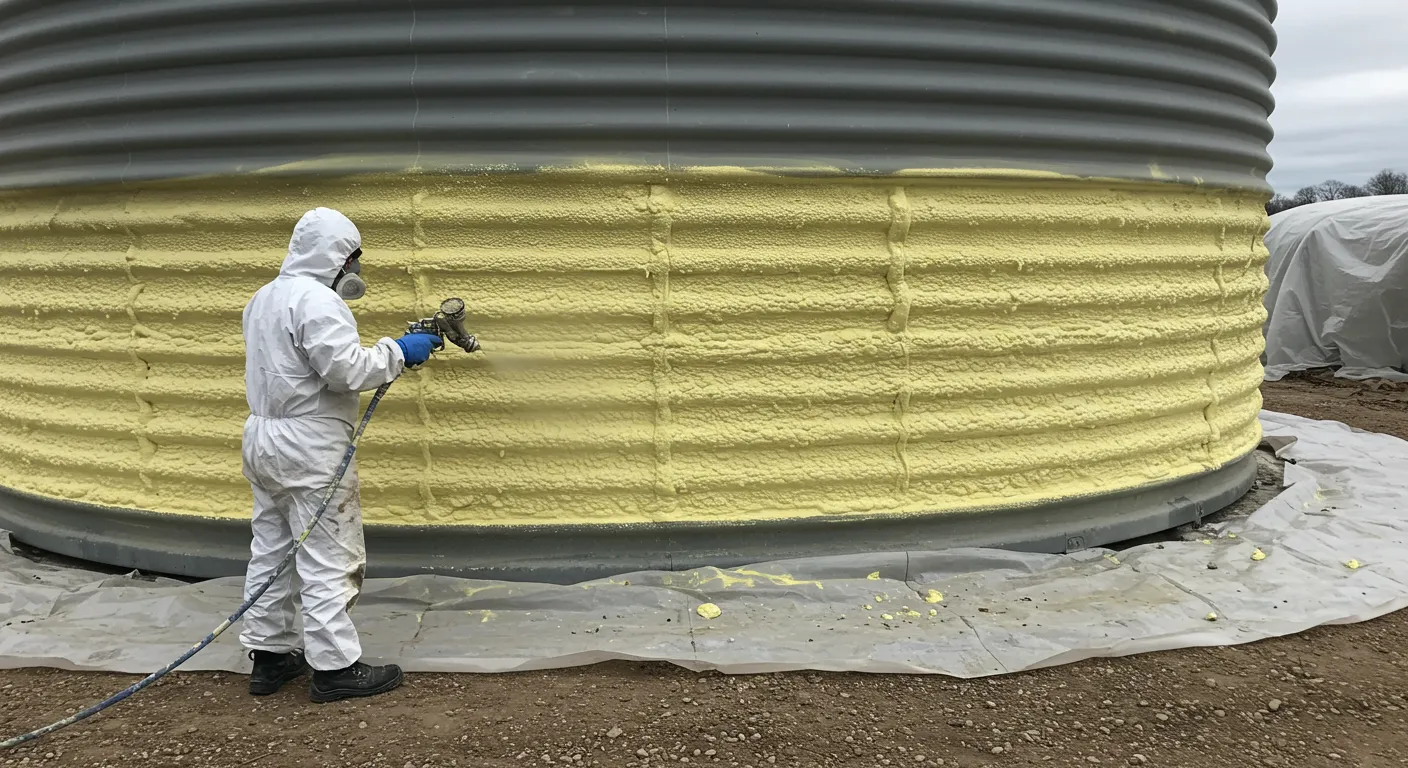Thermal insulation coatings provide a protective barrier that reduces heat transfer between surfaces and the environment. These coatings improve energy efficiency, lower maintenance costs, and extend the lifespan of infrastructure. Unlike traditional insulation materials, coatings offer seamless application, reducing gaps where heat loss can occur.
The Financial and Practical Benefits of Insulation Coatings
Lower Energy Costs
One of the primary reasons to invest in thermal insulation coatings is the potential for energy savings. By minimizing heat loss in industrial facilities, commercial buildings, and even residential properties, these coatings reduce the workload on heating and cooling systems. As a result, businesses and homeowners see lower utility bills.
Increased Equipment Longevity
Extreme temperature fluctuations cause wear and tear on machinery, pipes, and building structures. Thermal insulation coatings help maintain stable temperatures, reducing stress on materials and extending their operational lifespan. This lowers repair and replacement expenses over time.
Reduced Maintenance and Downtime
Traditional insulation materials can degrade over time, requiring frequent repairs or replacements. Coatings create a durable layer that withstands harsh conditions, including moisture exposure and chemical interactions. This reduces maintenance efforts and prevents operational disruptions.
Enhanced Safety and Comfort
By reducing surface temperatures, insulation coatings improve workplace safety. In industrial settings, this minimizes the risk of burns from exposed pipes and equipment. In commercial and residential buildings, it helps maintain consistent indoor temperatures, creating a more comfortable environment.
Comparing Thermal Insulation Coatings to Conventional Insulation
Application and Installation
Unlike bulky insulation materials such as fiberglass or foam, thermal coatings are applied as a liquid, forming a seamless, uniform layer. This allows for easier application in hard-to-reach areas and reduces material waste.
Space Efficiency
Coatings require minimal space compared to traditional insulation methods. This is particularly beneficial in areas where additional bulk insulation would be impractical or reduce operational space.
Moisture and Corrosion Resistance
Fiberglass and foam insulation can absorb moisture, leading to mold growth and material breakdown. Thermal coatings are designed to resist moisture infiltration, preventing corrosion and structural damage.
Industry Applications and Real-World Use Cases
Industrial Facilities
Manufacturing plants, refineries, and power plants benefit from insulation coatings by improving process efficiency and reducing energy waste. These coatings protect equipment from thermal stress, leading to fewer breakdowns.
Commercial Buildings
Office buildings, retail stores, and warehouses use thermal coatings to regulate indoor temperatures efficiently. This enhances HVAC performance and cuts cooling and heating expenses.
Residential Properties
Homeowners seeking energy-efficient solutions apply insulation coatings on roofs, walls, and pipes. This reduces heat absorption during summer and heat loss in winter, leading to year-round comfort and savings.
Maximizing Returns on Investment
Evaluating Upfront Costs vs. Long-Term Savings
While insulation coatings may have a higher initial cost compared to traditional insulation, the long-term savings in energy bills, maintenance, and equipment longevity make them a cost-effective choice.
Government Incentives and Rebates
Many governments and local authorities offer incentives for energy-efficient upgrades. Businesses and homeowners should explore available tax credits or rebate programs to offset installation costs.
Choosing the Right Coating Solution
Selecting a high-quality coating ensures optimal performance and durability. Valley Spray Works provides expert consultation to help clients determine the best product for their specific needs. For inquiries, call (208) 539-5281 or email [email protected].
Frequently Asked Questions
How much can I save on energy costs with thermal insulation coatings?
Savings vary depending on factors such as climate, building type, and energy usage, but many users report reductions of 10-30% on their energy bills.
How long does a thermal insulation coating last?
High-quality coatings can last 10-20 years with proper application and maintenance.
Can insulation coatings be applied to any surface?
Most coatings adhere to a variety of surfaces, including metal, concrete, and wood. The specific formulation should match the intended application.
Are thermal insulation coatings safe for the environment?
Many modern coatings are formulated with low-VOC materials and eco-friendly compounds, making them a sustainable choice.
Do insulation coatings prevent condensation?
Yes, these coatings help regulate surface temperatures, reducing condensation buildup and preventing moisture-related damage.
For more details on how thermal insulation coatings can benefit your property or facility, contact Valley Spray Works at (208) 539-5281 or email [email protected].



